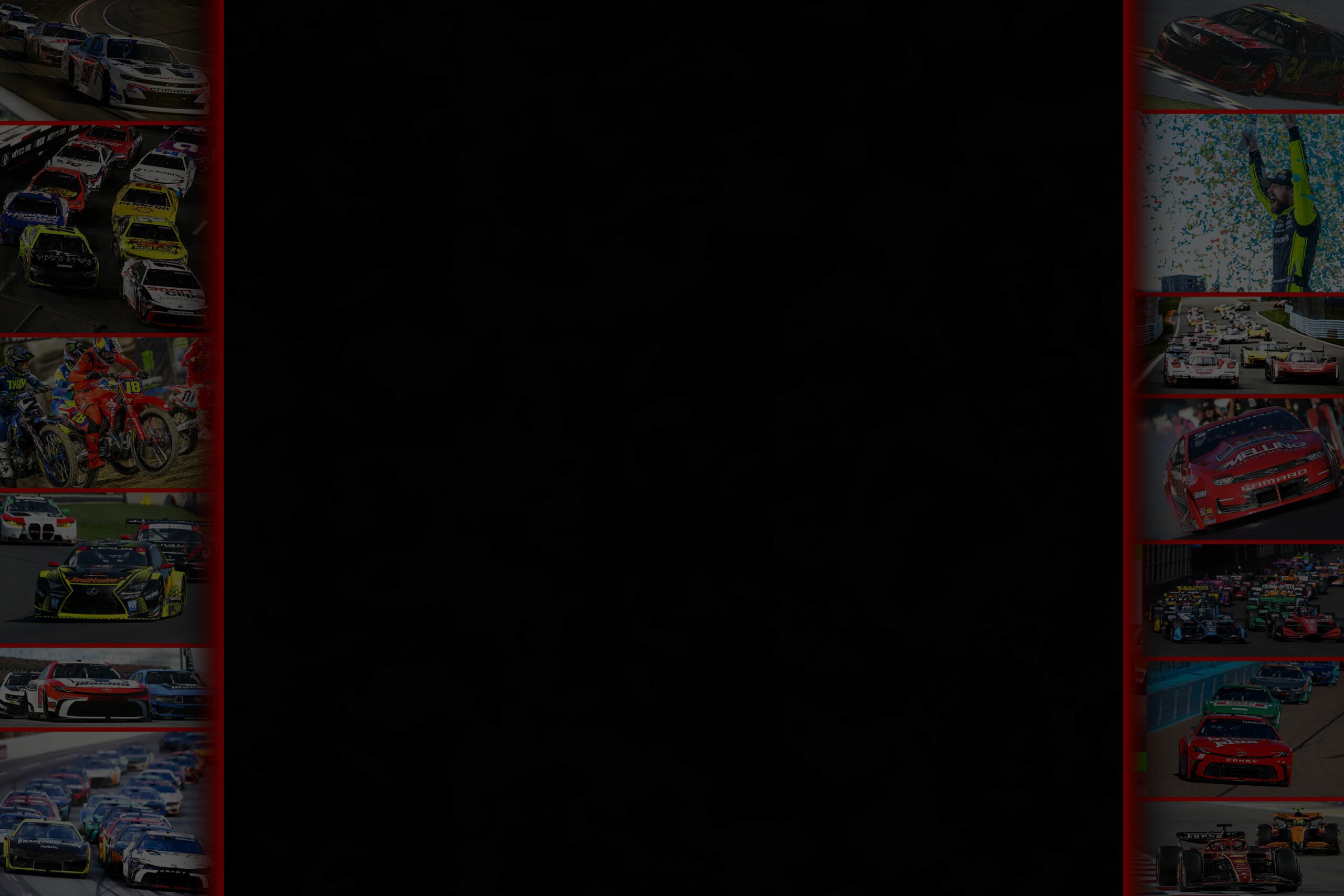Less than 24 hours after [Stewart-Haas Racing’s haulers] returned from Sonoma, they are on their way to the Saturday race in Sparta, Ky. It’s all part of the weekly routine at Stewart-Haas Racing, or any other NASCAR team, for that matter.
Most people know that NASCAR is a traveling circus, a weekly carnival built on rubber and exhaust. But outside of motorsports, few can appreciate everything that goes into creating that big top each week. During a season, the sport travels 38 weekends across 23 markets, and that doesn’t include test sessions.
Teams truck race cars and parts, fly dozens of people and set up temporary homes at all of them. The NASCAR schedule makes the logistics and costs of operating a race team unique in professional sports. While stick-and-ball teams have front-office staff, players and administrators, NASCAR teams have pilots, flight attendants, long-haul truckers, engineers, mechanics, even chefs.
Outside of racing, few – if any – face such a challenge of coordinating freight trucking and airline travel across so many weeks. Doing so is an enormous undertaking that takes months of planning.
The Kentucky race weekend highlighted just how demanding it can be. Over the course of three days in June, Stewart-Haas Racing trucked eight race cars and flew more than 100 people to Kentucky for the Quaker State 400.
It rented 27 vehicles and reserved 44 hotel rooms. It spent more than $1.5 million, and its four entries finished seventh, 11th, 12th and 21st to collect a combined purse of $428,401. (That doesn’t include driver salaries or additional personnel costs.)
As teams prepare to head to Indianapolis for NASCAR’s annual Brickyard race, last month’s Kentucky race provided a glimpse at what goes into a typical race weekend, how it comes together and how much it costs. See much more on race team logistics and expenses at Sports Business Journal.



















































